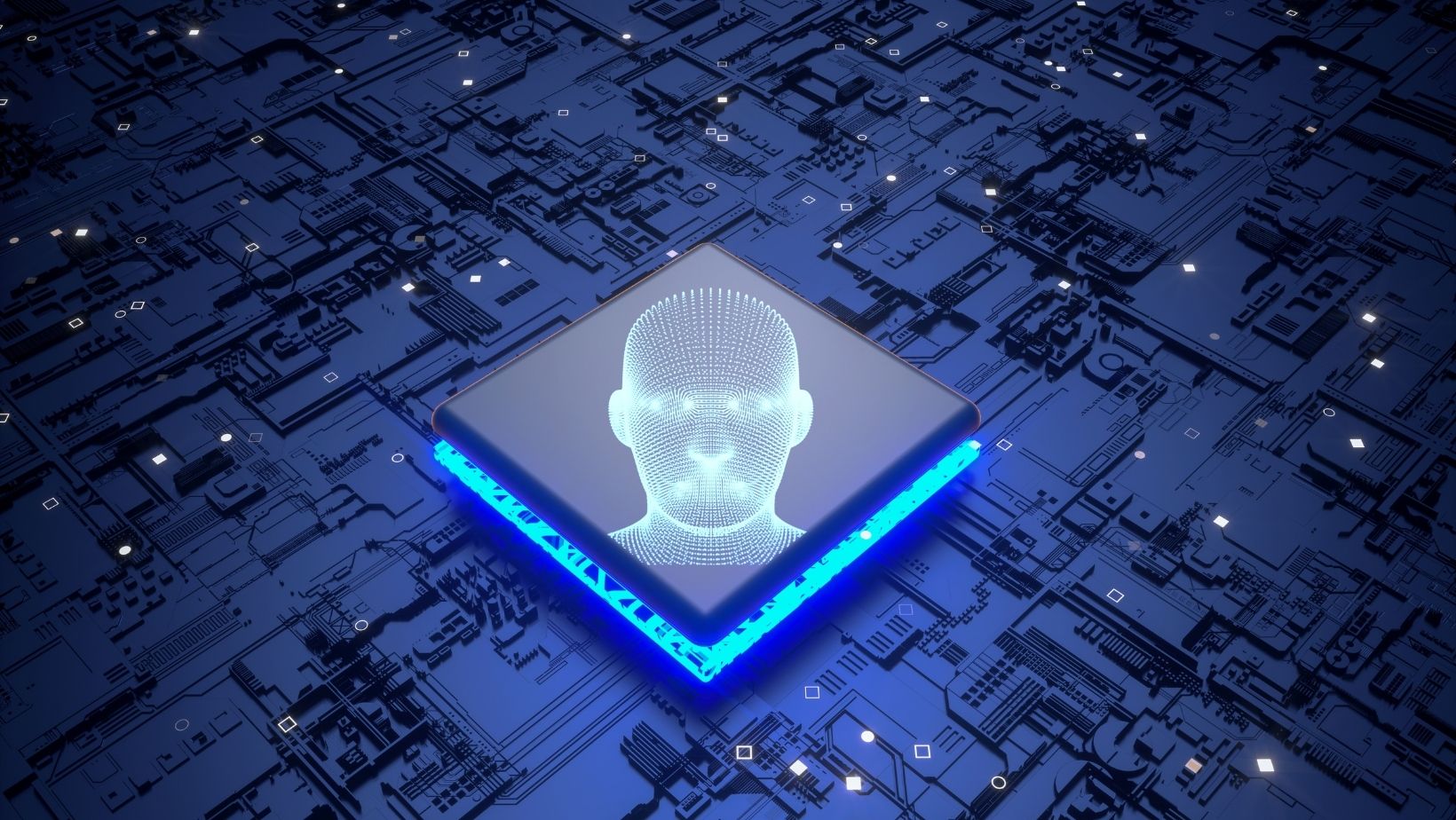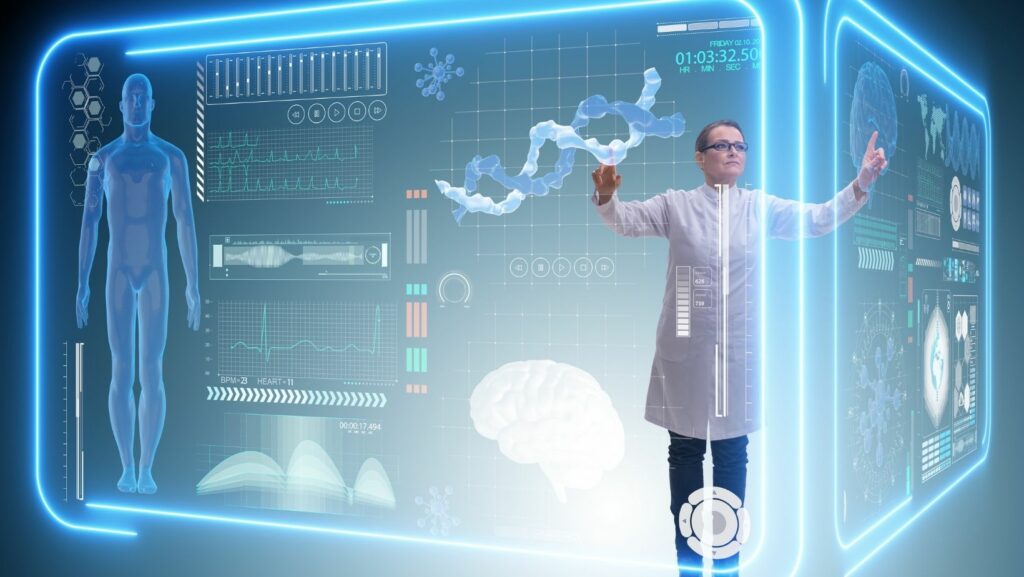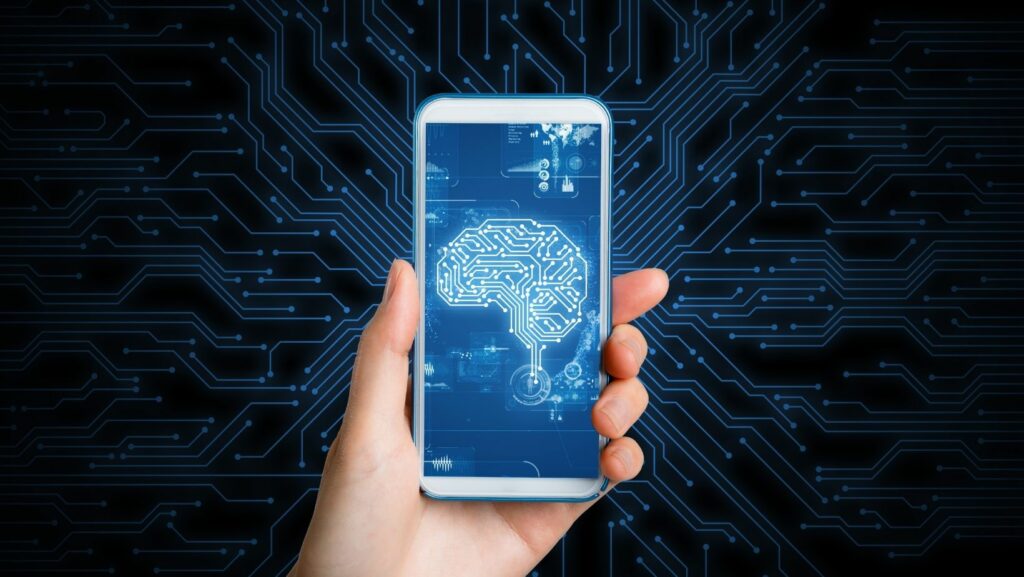
In the ever-evolving landscape of healthcare, digital health and artificial intelligence (AI) stand at the forefront of innovation. The intersection of these two fields has paved the way for groundbreaking advancements in patient care, diagnosis, and treatment. From wearable devices that monitor vital signs in real-time to AI algorithms that analyze medical images with precision, the synergy of digital health and AI is revolutionizing the way healthcare is delivered. Healthcare providers are increasingly leveraging AI-powered tools to streamline processes, enhance decision-making, and personalize patient care. The marriage of digital health technologies with AI not only improves efficiency but also holds the potential to transform healthcare outcomes on a global scale.
Advanced Integrated Health systems are at the forefront of this digital health revolution, combining cutting-edge AI technologies with comprehensive patient care. These systems leverage AI-driven analytics to create a holistic view of patient health, integrating data from various sources such as electronic health records, wearable devices, and genetic profiles. By synthesizing this diverse information, Advanced Integrated Health platforms enable healthcare providers to deliver more coordinated, personalized, and effective care. This approach not only enhances the quality of patient treatment but also promotes preventive care strategies, ultimately leading to better health outcomes and reduced healthcare costs.
Digital Health And Artificial Intelligence
Digital health and artificial intelligence (AI) have revolutionized the healthcare industry, leading to groundbreaking advancements in patient care, diagnosis, and treatment. Healthcare providers are increasingly adopting AI-powered tools to streamline processes, enhance decision-making, and personalize patient care, thus enhancing efficiency and transforming healthcare outcomes worldwide.
Enhancing Precision Medicine

Incorporating artificial intelligence in digital health has significantly advanced precision medicine. AI algorithms analyze vast amounts of patient data, including genetics, lifestyle, and environmental factors, to tailor personalized treatment plans based on individual characteristics. By leveraging AI, healthcare professionals can make more accurate diagnoses and recommend targeted therapies, optimizing patient outcomes and minimizing adverse effects.
Improving Patient Outcomes
The integration of AI in digital health has led to substantial improvements in patient outcomes. AI-enabled predictive analytics facilitate early disease detection, allowing for timely interventions and preventive measures. Moreover, AI-driven decision support systems empower healthcare providers to deliver proactive and customized care, resulting in better patient experiences, higher treatment adherence, and overall enhanced health outcomes.
Technologies Driving AI in Healthcare
Artificial intelligence in healthcare is primarily driven by two key technologies: machine learning applications and natural language processing in clinical use.
Machine Learning Applications

In healthcare, machine learning applications play a crucial role in leveraging data to improve patient outcomes and operational efficiency. These AI algorithms analyze complex medical data sets to identify patterns, make predictions, and assist in clinical decision-making processes. For instance, machine learning models can predict patient risk factors for certain diseases, optimize treatment plans, and even forecast potential health emergencies, enabling healthcare providers to deliver proactive and personalized care.
Natural Language Processing in Clinical Use
Natural Language Processing (NLP) is another essential technology driving AI in healthcare, allowing systems to understand, interpret, and generate human language. In clinical settings, NLP helps in extracting valuable insights from unstructured medical data such as physician notes, patient records, and research literature. By analyzing and organizing this information, NLP facilitates more accurate diagnoses, enhances patient monitoring, and supports evidence-based medical research.
Challenges and Ethical Considerations
Digital health integration with artificial intelligence (AI) presents a new set of challenges and ethical considerations that need to be addressed to ensure the responsible use of technology in healthcare.
Data Privacy and Security Concerns
With the increased use of AI in digital health, concerns around data privacy and security have become more pronounced. Healthcare organizations need to safeguard patient data from breaches and unauthorized access to maintain trust and confidentiality.
AI Bias and Healthcare Inequality
Another critical consideration is the presence of bias in AI algorithms used in healthcare, which can lead to disparities in patient care and outcomes. Addressing these biases is crucial to ensure equitable and fair healthcare delivery for all individuals, regardless of their background or characteristics.
Emerging Trends in Digital Health and AI
AI’s integration into digital health has undeniably transformed healthcare, enhancing patient care, diagnosis, and treatment. Advancements in precision medicine, early disease detection, and personalized care delivery through technologies like machine learning and NLP are reshaping the industry. Nevertheless, challenges such as data privacy, security, and bias in AI algorithms must be addressed for equitable and responsible technology use. As the landscape continues to evolve, staying informed and proactive in mitigating these challenges is essential. Embracing the potential of AI in digital health while navigating its complexities will be key to driving innovation and improving healthcare outcomes for all.



